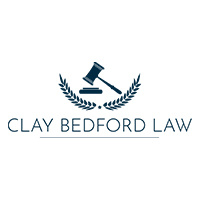CAPITAL CASE
A prosecution for murder in which the jury is also asked to decide if the defendant is guilty and, if he is, whether he should be put to death. When a prosecuto...
(more...)A prosecution for murder in which the jury is also asked to decide if the defendant is guilty and, if he is, whether he should be put to death. When a prosecutor brings a capital case (also called a death penalty case), she must charge one or more 'special circumstances' that the jury must find to be true in order to sentence the defendant to death. Each state (and the federal government) has its own list of special circumstances, but common ones include multiple murders, use of a bomb or a finding that the murder was especially heinous, atrocious or cruel.


